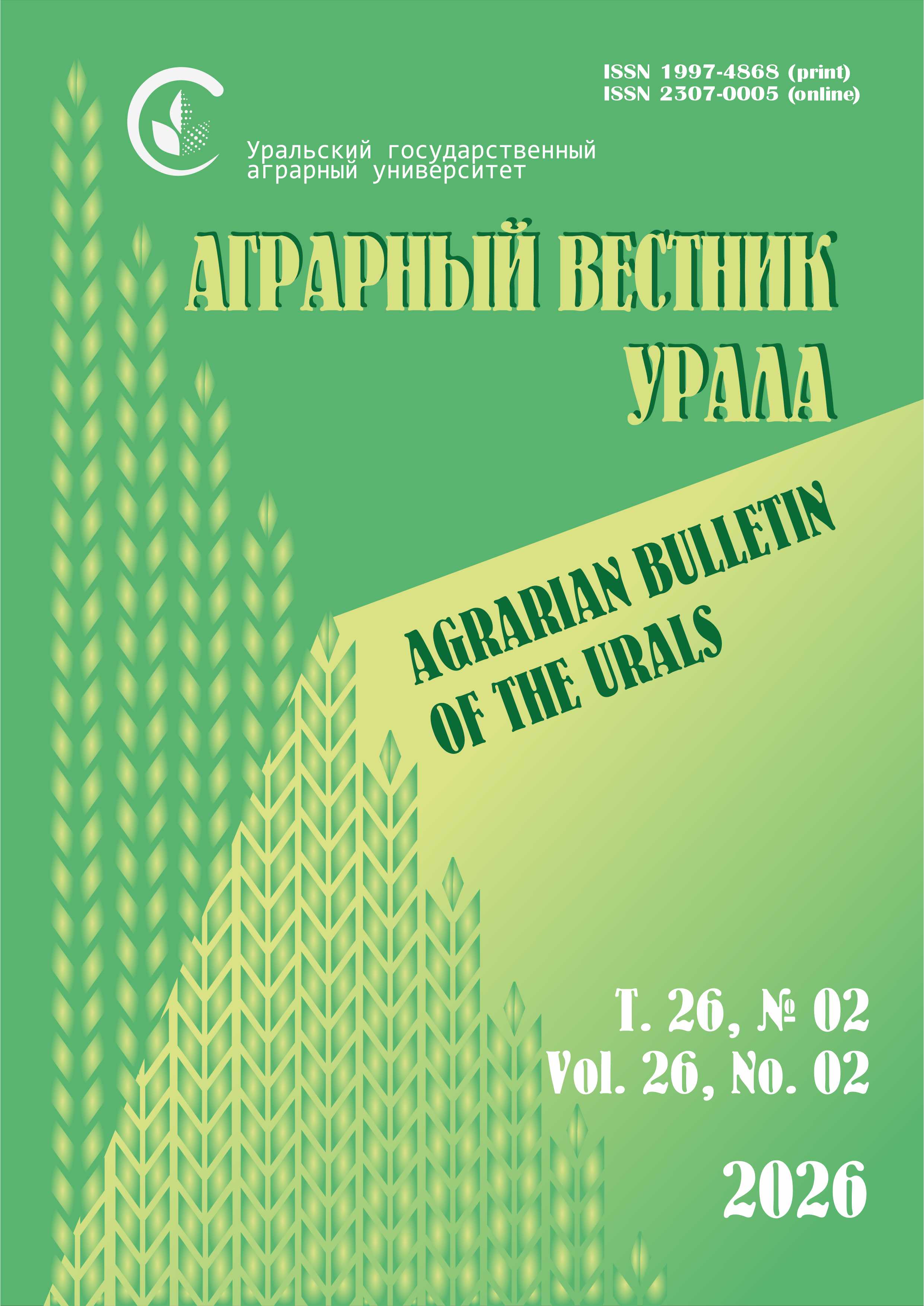Authors:
N. A. POTEKHIN, doctor of economic sciences, professor,
V. N. POTEKHIN, candidate of economic sciences,
YA. V. VORONINA, senior lecturer,
Ural State Agrarian University (42 K. Libknehta Str., 620075, Ekaterinburg).
Abstract. Shortcomings in the development of the traditional scientific basis, theory, concepts and methodologies have a negative impact on the practice of state and economic management of the agro-complex of the country. Generalizations of development programs and state support of agriculture also show significant shortcomings of their focus: first, there are about fifty options for support; second, state support and public administration according to state programs in practice are blurred, “capillary”, fragmented; third, there are no cardinal and complex directions that transform agriculture as a whole; fourth, the use of subjective and contractual methods and methodologies in the development of all programs for the development of the agro-complex of the country leads in practice to significant shortcomings in public administration and irrational use of state support. This is due to the backwardness of the use of the scientific base, subjective indicators and unreasonable calculation of the effectiveness of public administration at the levels of management of the agro-complex of Russia. Generalization over a long period of time of the traditional scientific base, theories, concepts, methodologies allowed to identify alternative approaches to an objective assessment of the effectiveness of economic activity and public administration of social production, agricultural complex of the country and its links. The initial is the rejection of the use in practice of inadequate tools in research, calculations and development of agricultural development programs such as the law of conservation of energy (for inanimate matter), linear models, linear mathematics to nonlinear socio-economic processes of social reproduction. We, as a key universal law reflecting the development of living matter, take the law of conservation of full capacity-performed by society and its links of work, measured in kWh, as well as socio-economic forms of its manifestation: the share of useful costs-results, the share of useless, harmful, loss of costs-results in the structure of the budget of social time. The calculation in kWh allows to obtain a qualimetric objective indicator of the effectiveness of public administration, state support in General and each participant in this process.
Keywords: efficiency of public administration, branch-regional methods of assessment of activity of governing subjects, alternative approach to an assessment of efficiency of public and economic management on the basis of the accounting of the law of preservation of power.
Download the full text of the article.












